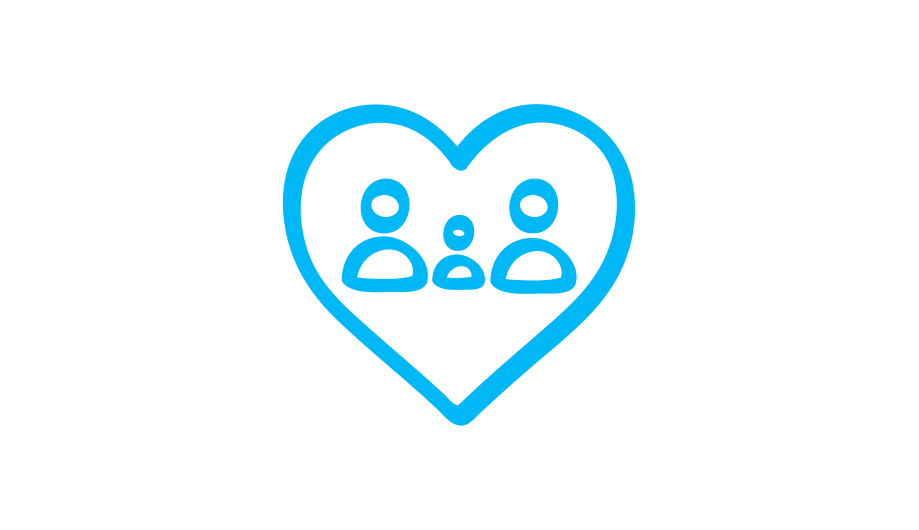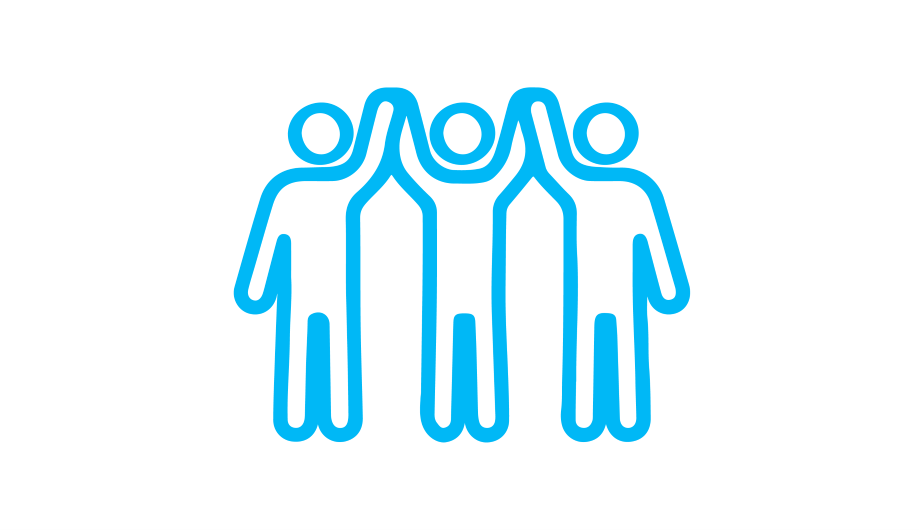Do I have to do this alone?
Who can help me to advocate for my family member?
Many family carers at times feel isolated and would like to share their caring responsibilities. They may also worry about who will look out for their relative if they are unable to do so.
One solution is to set up a circle of support (also known as circle of friends) around your relative. A circle of support is a group of people who meet together regularly to discuss how to help an individual with learning disabilities to accomplish their goals, dreams and aspirations. People in circles are usually friends and family but professionals can be invited to join as and when needed. Other people to invite to join the circle may be a family carer from another family, a favourite member of staff /key worker from a previous support setting, also siblings or cousins to bring someone of a similar age to the circle.
How do the meetings work?
The meetings are often very informal and personalised to the needs of the individual and the group. There is no right or wrong way to set up meetings. They can be set up by anyone who has an interest in the person or can be facilitated by a volunteer or paid independent circle facilitator.
For example, in ‘Sam’s’ circle meetings, he gets involved and often uses picture cards to communicate what he thinks. There is no pressure and Sam has been known to go for a walk if he feels a meeting is going on for too long.
Meetings often focus on action plans looking at who can realistically do what and when and may use simple person centred thinking tools to structure meetings.
For example, in one circle meeting it was discovered that football is important to Sam, so Sam’s brother in law suggested that Sam might like to watch football on Sundays with him. This became a regular activity and now Sam knows lots of people at his local football club.
Circles evolve over time
Circles of support can often start by including the individual, relatives and staff but as the person builds more relationships, circles often grow.
There are many benefits to having a circle of support, like better communication and relationships between support staff and family, and the person having more friends and people looking out for them.
The circle can be a safety net if the person’s main family carer falls ill and circle members may make a commitment to advocate for the person after their family carer/s die, bringing great reassurance to many carers that their loved one will be supported.
Where to find out more
For more information about setting up a circle of support and how to facilitate meetings, see:
The Mental Health Foundation web page on Circles of Support
The charity Circles Network is also a good place to start




